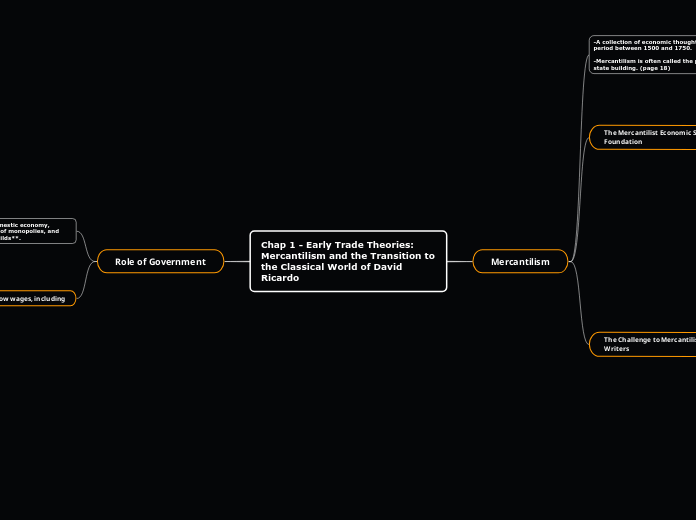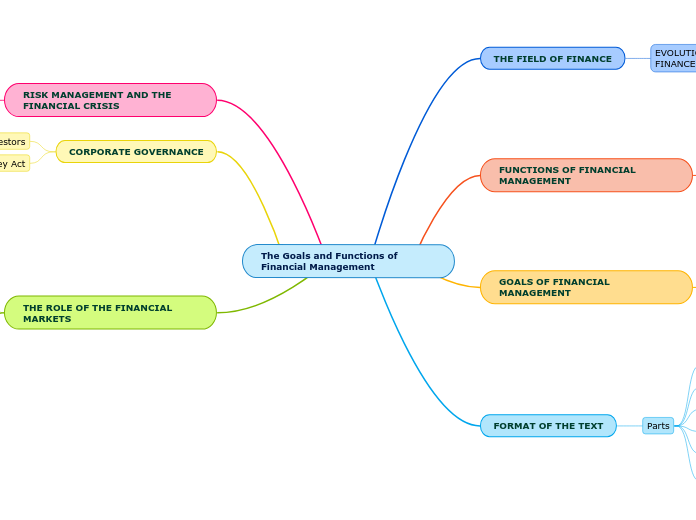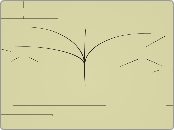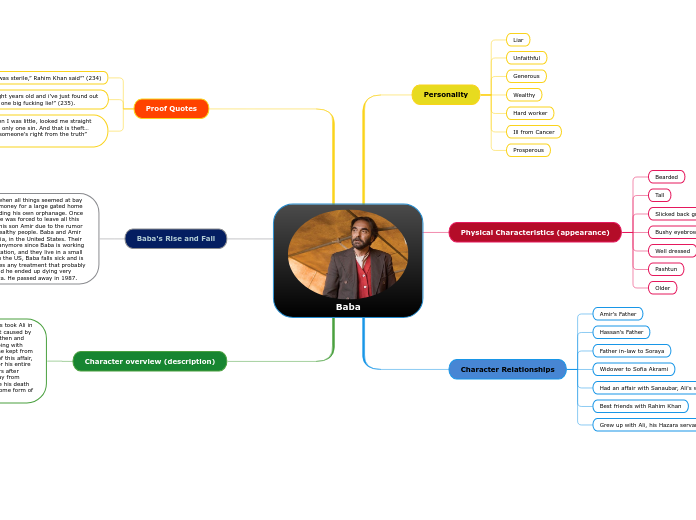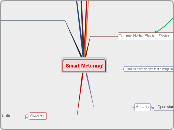Learning Objectives
-Describe Mercantilist concepts and policies.
-Examine Hume’s price-specie flow mechanism and its challenge to Mercantilist thought.
-Discuss Smith’s ideas of wealth and absolute advantage as foundations of international trade.
Chap 1 - Early Trade Theories: Mercantilism and the Transition to the Classical World of David Ricardo
Role of Government
Policies to ensure low wages, including
policies to discourage exportation of specie and encourage inflow of specie.
policies to discourage importation and encourage exportation, and
-Substantial regulation of the domestic economy, including governmental granting of monopolies, and controls of labor through craft guilds**.
** Craft Guild - An association of persons of the same trade or pursuits, formed to protect mutual interests and maintain standards.
-“Bullionism*” – Governments controlled the use and exchange of precious metals. (p19) *Bullionism - the monetary policy of mercantilism.
Mercantilism
The Challenge to Mercantilism by Early Classical Writers
In the early 1700s, questions began to emerge regarding the logic of mercantilism.
Smith’s Challenge: Absolute Advantage
Limits to smith's thinking
But David Ricardo’s Principle of Comparative Advantage (1817) took Smith’s work farther: If one country has an absolute advantage in the production of both (or all) goods, trade can be mutually beneficial!
If one country has an absolute advantage in the production of both (or all) goods, Smith would say that that country cannot gain from trade.
Absolute advantage example slide 11 - 14
-Adam Smith believed trade to be a positive-sum game.
-Countries should export those goods which they can produce efficiently, and import those which they cannot.
-If countries trade according to this principle, all will gain from trade (trade will be mutually beneficial).
Hume’s Challenge: the Price-Specie Flow Mechanism
Higher prices > lower exports and higher imports
Increased Ms > higher prices (and wages)
Inflow of specie > increased Ms
Trade surplus > inflow of specie
David Hume (mid-18th century): maintaining a trade surplus forever is impossible.
The Mercantilist Economic System – The Pillars or Foundation
-A country should maintain a positive trade balance (that is, export more than it imports = trade surplus).
-Mercantilism employed the labor theory of value.
-The need for strong, powerful governments – need for enhancement of state power.
-A country’s wealth is measured by its holdings of precious metals (specie).
-International trade or economic activity can be viewed as a zero sum game – in which one country’s economic gain was at the expense of another. (p18)
-A collection of economic thought in Europe during the period between 1500 and 1750.
-Mercantilism is often called the political economy of state building. (page 18)
